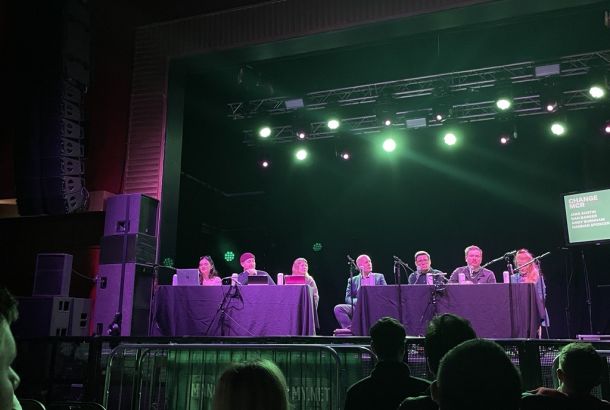Become a master of memory within weeks
By Katie Holmes
As students, every semester we meticulously memorise indefinitely long lists of essential vocabulary, only to forget it all within days of completing our exams. Unfortunately there seems to be no way of getting around this problem — until now.
The ‘method of loci’ is a strategy of improving memory, where we imagine ourselves walking a familiar route. By associating an item to be memorised with a specific location of that route, we can more easily recall the item in our memory. Scientists led by Dr Martin Dresler at Radbound University has shown that this method could allow us all to develop superior memories, in as little as six weeks.
Scientists recently conducted a study focusing on ‘memory athletes’. These are individuals that are seemingly gifted anomalies of nature, that are capable of feats such as memorising a sequence of 550 digits within five minutes. A group of memory athletes that currently place within the top 50 in the world for memory sport rankings were closely analysed in memory tests.
Supplementary neuroimaging technology known as functional Magnetic Resonance Imaging (fMRI) provided an insight into the inner workings of their seemingly incredible minds. The same studies were repeated on control participants with no history of memory training. Dresler’s group compared performance in memory tests between the two groups and fMRI images of all brains at rest and in action.
Unsurprisingly, when challenged to memorise 72 words from a list, the athletes achieved an average of 70 words, whilst control participants reached an average of just 40. Imaging showed that these differences seemed to be related to differences in brain connectivity between the two groups.
Superior memory performance appears to correlate to increased brain connectivity between components of structures within the brain. After these initial findings a group of the control participants studied the ‘method of loci’ strategy over a period of six weeks, for just 30 minutes every day. The aim was to identify whether mnemonic strategies can enhance memory.
Staggering results indicated that after training, the control participants achieved roughly the same results in the memory test as the accomplished memory athletes. Furthermore, in a four-month follow up test the group had retained their superior memory skills.
fMRI imaging demonstrated that increased brain connectivity was identified in the control participants, mirroring the results initially identified in memory athletes. These findings support evidence that memory athletes do not possess any unusual anatomical features in their brains that set them apart from the common individual. Their talent is actually a result of hours of training, with a key focus on mnemonic strategies, which result in increased brain connectivity.
Specifically focusing on the ‘method of loci’ therefore seems to be the answer to effortlessly, extensive memory. Naïve individuals as us could be capable of developing a superior memory using this strategy. With eight weeks until exam period begins, that leaves us with plenty of time to train…







